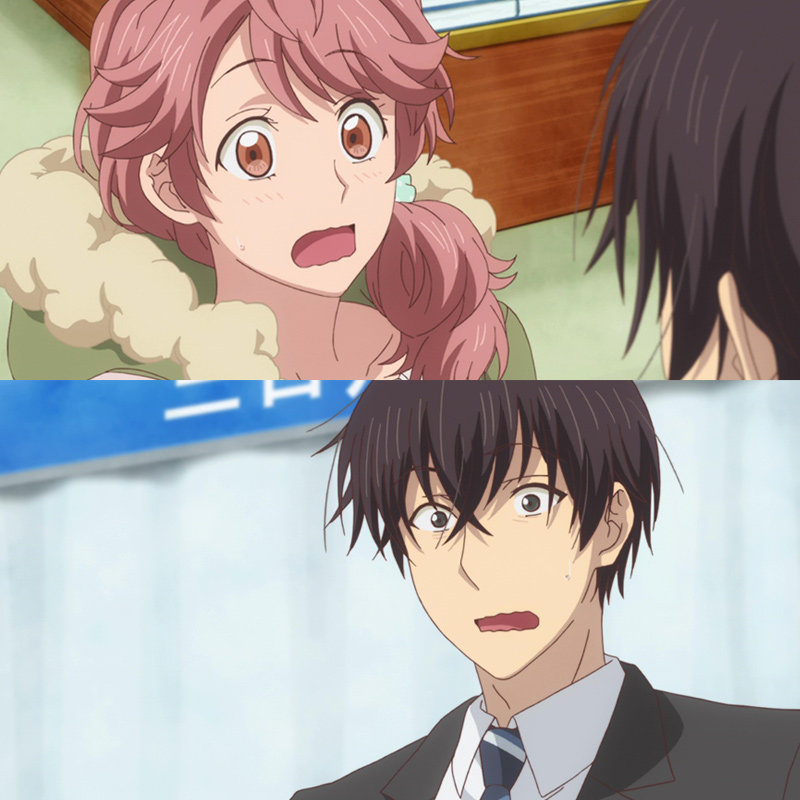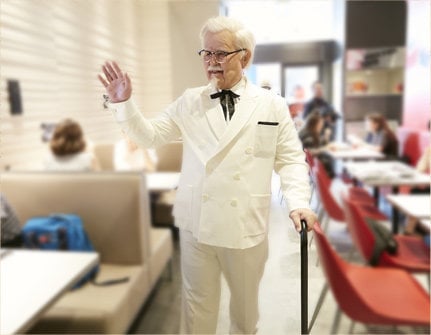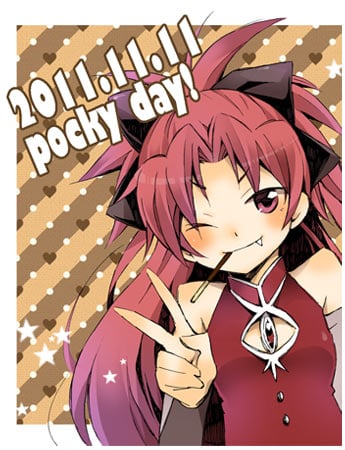If you’ve listened to spoken Japanese at all you’ve probably heard the word desu, often pronounced with the last syllable reduced so that it sounds like “dess.” Linguistically speaking, this word is known as the copula, because it makes the noun and the verb in a sentence, er, want to have a romantic evening together or something; in more useful terms, it fulfills the role of “to be.” It’s really simple to use: if you want to say “I am John” just say John desu, and if you want to state your nationality, just say America-jin desu or Canada-jin desu or whatever. The subjects of sentences are usually left off if the meaning is clear from the context, but if you wanted to clarify that you’re talking about yourself and not, say, Michelangelo, you could say watashi wa John desu (lit. as for me, I’m John). If someone pointed to an apple on a table and asked you what it was, you could say ringo desu, which would also be an appropriate answer if someone asked you who your favorite Beatle was and the answer was Ringo Starr. The desu sentence ending is a formal word, useful for making a good impression on Japanese you might try talking to; every Japanese verb comes in formal and informal versions, and the informal of desu is da, allowing you to say eigo no sensei da “I’m an English teacher” if you were talking to a person below your station, like a teacher addressing his students or when talking to a child. Now you know some more Japanese!
Back in Japan! What is ‘Reverse Culture Shock’ Like?
I'm back in Japan after a very busy trip to the U.S. for the summer conventions, followed by a few...
















